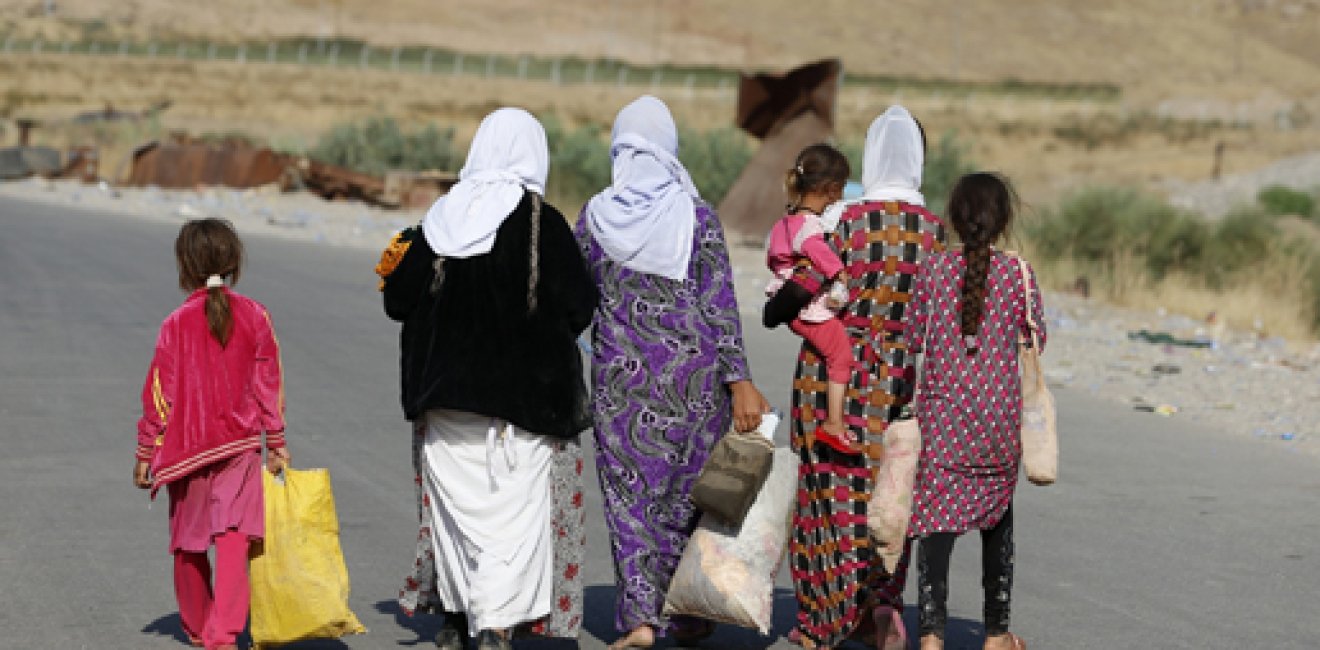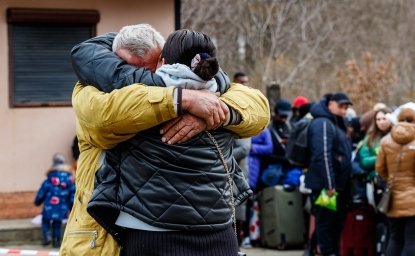Last year was not a good one for women in the Middle East. Political turmoil, civil war, the rise of Islamic State, clampdowns by autocratic governments, and the ineffectiveness of reformist governments all contributed to unfavorable, even worsening, conditions for women.
In the areas of Syria and Iraq where Islamic State (also known as ISIS or ISIL) took control, extremists created a hell on earth for women. ISIS fighters took women as concubines, forced them into marriages, and sold them in makeshift slave markets. Women were subjected to rape, passed from one fighter to another, or left abandoned and pregnant, to be ostracized and shunned by their families and communities. In Mosul, Iraq, three professional women were executed in October for failing to submit to laws imposed by ISIS; another woman was killed for the same reason in another town.
Recall that it was a nongovernmental organization that first raised the alarm about the plight of Yazidi women under ISIS last year, finally forcing Muslim and Arab countries to speak out.
The civil war in Syria, meanwhile, forced more people to flee their homes, villages and towns. More than 1.7 million Syrians have sought shelter in overcrowded refugee camps in Turkey; others have sought safety in Jordan and Lebanon. In these camps, food is inadequate, sanitary conditions poor, and schooling almost non-existent. Amid the difficult conditions came credible reports of rape of young girls and women; and families, desperate for money, selling young daughters to older men.
The focus on ISIS’s atrocities distracted attention from plights in Yemen and Libya, where violence and civil war heavily affected women. As in other Arab Spring countries, women in Yemen and Libya had played a pivotal role in the uprisings against autocracy and misrule. But they were soon marginalized, their voices silenced. In Egypt, under Gen. Abdel Fattah el-Sisi’s government, women continue to be sexually harassed on the street.
Women in Saudi Arabia didn’t fare much better. They continued to be punished for driving, and the country maintains the role of the male guardian for almost everything a woman wants to do. At least in 2015, women are allowed to take part in municipal elections.
In Iran, women’s hopes in President Hasan Rouhani were disappointed. He proved unable to appoint a woman to his cabinet or to restore the Ministry for Women’s Affairs as promised during his 2013 campaign, though he did appoint four women as vice presidents and a woman as spokesperson of the foreign ministry. President Rouhani was unable to reinstate the successful family-planning program abolished under his predecessor. Nor has President Rouhani stopped the violations of individual rights by Iran’s security services, a failure that affects men and women.
Ironically, a year-long campaign was launched in 2014 to mark the 20th anniversary of the Beijing Declaration and Platform for Action, a U.N. initiative calling for full and equal participation of women in all parts of life, especially the political and public spheres. Twenty years after Beijing, women in the Middle East should be celebrating the realization of these aspirations, but current conditions are more funeral march than victory parade. The region’s autocratic governments clearly do not believe in equality under the law for all their citizens.
Despite all this turmoil, however, as we start the new year my optimism and faith in women are stronger than my pessimism. Awareness of their rights is rising among Middle Eastern women of all classes, especially among the young. Given this awareness and the persistent denial of their rights, I believe that Middle Eastern women will continue to fight religious extremists and autocrats and that, in the end, they will prevail.
The opinions expressed here are solely those of the author.
This article was first published in The Wall Street Journal's Washington Wire.






